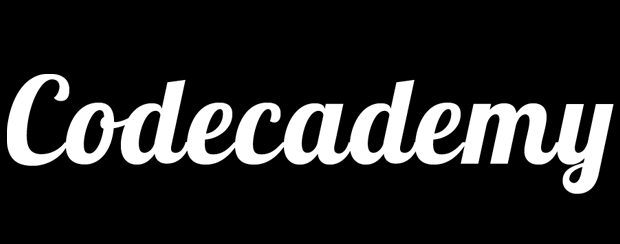Here’s one thing you can look forward to early next year. Dan Ariely, a well-known professor of psychology and behavioral economics at Duke University, will present A Beginner’s Guide to Irrational Behavior as a Massive Open Online Course (MOOC). If you’ve been with us for a while, you’re already familiar with Ariely’s work. You’ve seen his videos explaining why well-intentioned people lie, or why CEOs repeatedly get outsized bonuses that defy logic. And you know that economics, when looked at closely, is a much messier affair than many rational choice theorists might care to admit.
Now is your chance to delve into Ariely’s research and discover precisely how emotion shapes economic decisions in financial and labor markets, and in our everyday lives. The six-week course (described in more detail here) doesn’t begin until March 25th, but you can reserve your seat today. It’s all free. And keep in mind that students who master the materials covered in the class will receive a certificate at the end of the course.
Other potentially interesting MOOCs coming early next year include:
- Know Thyself – University of Virginia
- The Ancient Greeks — Wesleyan
- Introduction to Sociology — Princeton
- The Modern and the Postmodern — Wesleyan
- Women and the Civil Rights Movement – University Maryland
Our list of 175 Massive Open Online Courses has now been updated to include all courses starting in January, February and March of next year.





